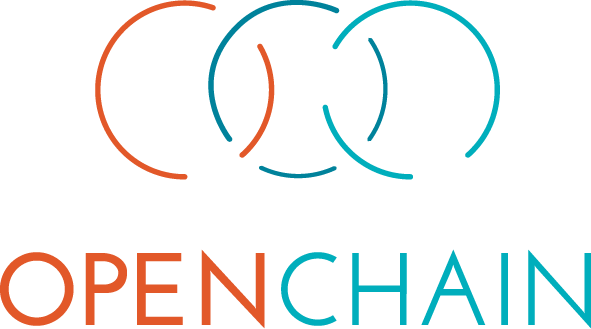On 2024-05-15 at 09:00 CEST, an OpenChain Webinar will dig into open source tooling for open source compliance.
As per the authors: “Ensuring software license and security compliance can be difficult. Managing open source components – especially their licensing, provenance, and vulnerability risk – is a critical part of Software Composition Analysis (SCA), which is now a prerequisite for modern organizations to comply with mandated SBOMs and other regulations.
Expensive, proprietary SCA solutions rely on proprietary data that can be outdated or just wrong. To make using open source easier for everyone, we need FOSS tools and open data for FOSS SCA.
Philippe Ombredanne will explain how using 100% open source software and open data, the AboutCode stack offers a new approach for the practical management of open source software for licensing and vulnerability risks for organizations of all sizes. Philippe will share how modular open source projects like ScanCode, VulnerableCode, and DejaCode fit together to identify components and their license, provenance, and known vulnerabilities, and aggregate this and SBOM data across products, teams, and organizations to address security, legal, and regulatory requirements for software license and security compliance in an integrated solution.
Philippe will also discuss exciting updates on new open source projects for better software supply chain integrity and security like CRAVEX, which delivers modern open source tools for developers to manage, triage, rate, review, and determine exploitability of package vulnerabilities in a package-centric world.”
Join the meeting here up to ten minutes before it starts:

